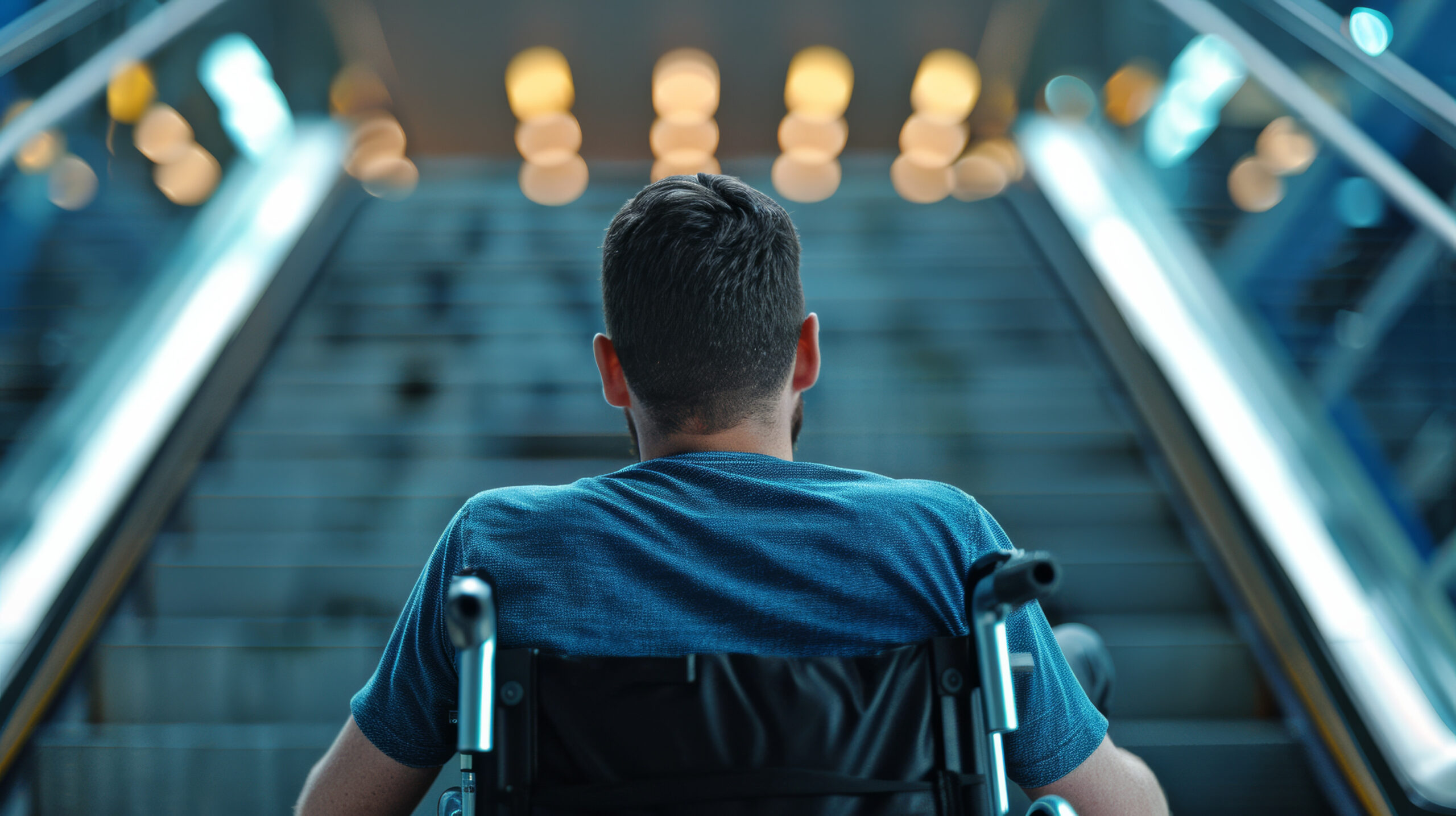For many students with disabilities, getting into college is only the first battle. The next—and often more grueling—challenge is navigating the campus systems meant to support them.
While colleges are legally required to provide equal access through reasonable accommodations, the reality is far more complicated. Many students encounter confusing policies, administrative delays, stigma, and even outright resistance when trying to get the support they need to succeed.
The Reality Behind the Promises
Colleges proudly advertise their commitment to accessibility, but what students often find is a system bogged down by bureaucracy, underfunded offices, and a patchwork of inconsistent practices.
Real-World Example: Delayed Testing Accommodations
Isabel, a student with ADHD and anxiety at a public university in the Midwest, submitted her paperwork weeks before classes began. But it wasn’t until midterms that her professors received notice of her testing accommodations.
“I was taking exams in regular classrooms, melting down because I couldn’t finish on time,” she said. “The system failed me during the most high-stakes part of the semester.”
Confusing Processes and Unequal Standards
The process to request accommodations varies wildly between institutions—and even between departments within the same school.
Some require extensive medical documentation, others insist on recent evaluations, and a few even require students to explain their disability in person before being approved.
Real-World Example: Denial of Flexible Attendance
Darius, a student with Crohn’s disease, requested a flexible attendance policy. His symptoms are unpredictable, but his professors were not required to excuse absences unless officially notified.
“One of my professors told me, ‘You should drop the class if you can’t show up regularly,’” Darius said. “Even though the disability office approved my accommodation, it wasn’t enforced.”
Delays, Denials, and Appeals
Even when students do everything right—gather documentation, submit it early, attend intake meetings—delays are common. Some colleges don’t staff their disability services offices adequately, resulting in backlogs that harm students.
Real-World Example: Accommodations Denied for Mental Health
Ari, who has depression and panic disorder, was denied extended time on exams because the office said her condition didn’t meet the “threshold” for academic accommodations.
“I left the appointment in tears. They treated me like I was exaggerating,” she said. “It felt like a punishment for having an invisible disability.”
The Impact: Academic Risk, Burnout, and Dropout
The stakes are high. Without timely support, students with disabilities face higher rates of:
- Course failure
- Mental health crises
- Dropping out of college
According to the National Center for College Students with Disabilities, students with disabilities graduate at a rate 16% lower than their nondisabled peers—often due to inaccessible systems, not lack of ability.
What Needs to Change
While many disability services offices are doing their best, the system is still reactive rather than proactive. Colleges need to:
- Streamline and simplify the documentation and intake process
- Train faculty on accommodation compliance and student rights
- Provide flexible, timely support—especially for chronic and mental health conditions
- Increase staffing in disability services offices
- Respect student autonomy without forcing them to repeatedly justify their conditions
Final Thoughts
College is hard enough without having to fight for access you’re legally entitled to. Yet thousands of students face this struggle every year—silently and often alone.
If you’re a student with a disability: you are not the problem. You deserve dignity, respect, and full participation in your education. And if you’ve encountered barriers, know that your voice matters—and you’re not the only one.
Need help navigating college with a disability? Reach out to K Altman Law to assist you.





